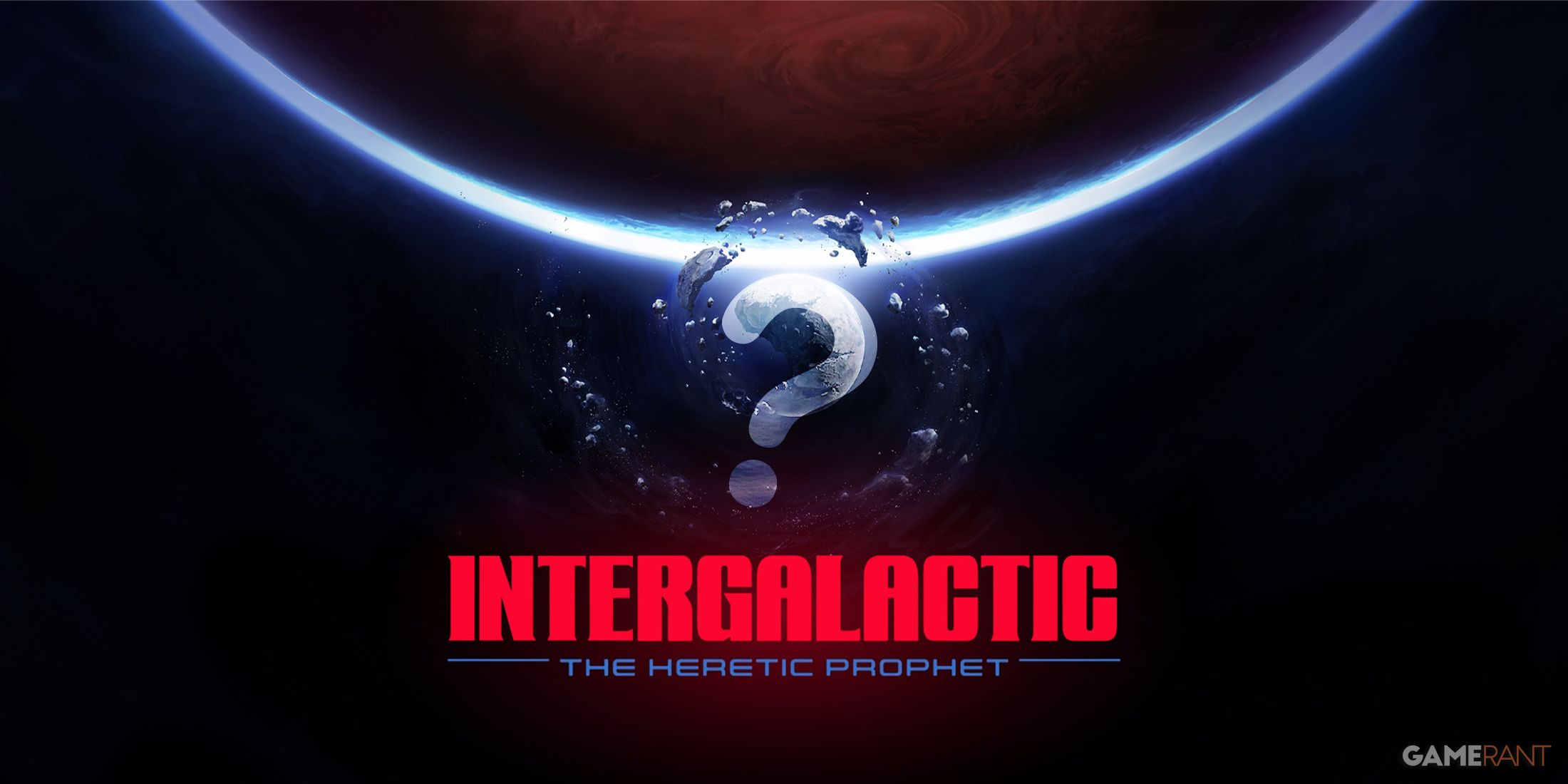Summary
- Intergalactic’s fictional religion challenges perceptions of faith, trust, and corruption on Sempiria’s cultural landscape.
- The subtitle, “The Heretic Prophet,” hints at rebellion against an oppressive, evolved religion over two millennia.
- The game may offer a deeper exploration of belief and control beyond typical sci-fi space exploration narratives.
On the surface, Naughty Dog’s Intergalactic: The Heretic Prophet may look like just another sci-fi space exploration game and therefore give players a sense that they know what to expect. However, the developer has reportedly gone above and beyond with Intergalactic‘s universe in order to create something that will feel like players have truly been thrust into an unfamiliar and expansive world. At the heart of that world is a fictional religion that Naughty Dog developed over years of meticulous world-building, accompanied by a story that aims to show how that religion has revolved over two thousand years.
Given how long this fictional religion has been alive and well in Intergalactic: The Heretic Prophet, it is bound to show the profound and prolonged impact that such a religion can have on societies, governments, and even entire planets — which is, in Intergalactic‘s case, Sempiria. As players, in control of protagonist Jordan A. Mun, venture onto Sempiria’s surface, they are more than likely going to bear witness to how its own cultures have been affected by the widespread dominance of that religion, to the point that it may challenge their own perceptions of what it means to place faith in organized institutions.

Related
Intergalactic: The Heretic Prophet’s Biggest Mystery Was Actually Teased Before the Game’s Reveal
One of Intergalactic: The Heretic Prophet’s big mysteries was teased before its reveal, and it suggests something about one of the game’s characters.
How Intergalactic’s Fictional Religion Could Challenge Perceptions of Faith
Trust, Corruption, and Control Shape Sempiria’s Reflection of the Real World
Even with such a limited amount of information about its story and universe, Intergalactic: The Heretic Prophet is already poised to challenge players’ perception of what it means to place their faith in something. According to creative director Neil Druckmann in an interview with the New York Times, Intergalactic‘s narrative delves into “what happens when you put your faith in different institutions,” suggesting an exploration of trust, belief, and potentially institutional corruption.
As players venture onto Sempiria’s surface, they are more than likely going to bear witness to how its own cultures have been affected by the widespread dominance of that religion, to the point that it may challenge their own perceptions of what it means to place faith in organized institutions.
In other words, when Intergalactic‘s protagonist, Jordan A. Mun, arrives on the planet Sempiria, players should begin to see how the game’s fictional religion has influenced the planet’s cultures, societies, governments, and institutional systems. If it does indeed plan to challenge players as it implies it will, this fictional religion is most likely something that will be portrayed in a negative light, showing that such things cannot always be trusted to do right by the faith people place in them. Ultimately, this all may and presumably will be a reflection of the real world, with a clear message to communicate about the current state of faith-based institutions or even the trust that some place in certain government sects.
Intergalactic’s Subtitle Suggests Established Doctrines Being Held in Question
Intergalactic‘s subtitle, The Heretic Prophet, is something else to consider here, as it suggests established doctrines being held in question. A “heretic” is someone who holds an opinion at odds with what is generally accepted, suggesting that either Jordan A. Mun or another character in the game has established a resistance against Intergalactic‘s fictional religion. If that is the case, there is even more reason to believe that Intergalactic‘s religion, while it might have begun as something noble and pure, has likely evolved over two millennia into something oppressive, controlling, and restraining.
Intergalactic‘s planet Sempiria has also been cut off from the rest of the galaxy for over 600 years, which may be the result of the religion’s leaders’ desire to maintain dominance.
In short, Intergalactic: The Heretic Prophet has the potential to offer something deeper than most sci-fi games might attempt. With Jordan stepping into a seemingly closed-off society, a doctrine that has likely drifted far from where it started, and a title that already hints at rebellion, Intergalactic could be a game that uses its setting to raise real questions about belief and control. It’s still early, but all signs point to Intergalactic aiming higher than just space exploration and hitting something much deeper than expected.











Leave a Reply